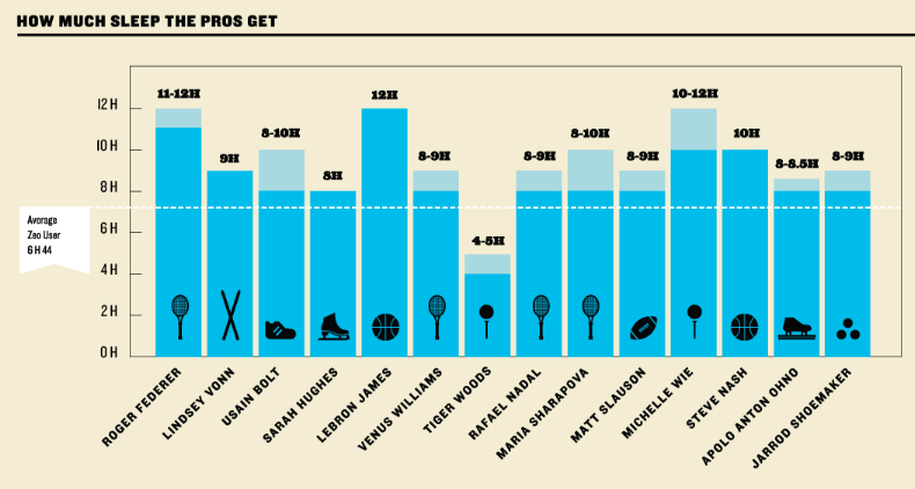If you’re up at 2am, surfing the internet or scrolling through your Facebook feed, this blog is most definitely for you. Read it all and then GO TO SLEEP!! If you’re reading this in the middle of the day or as you unwind after work, see if you identify with any of it and adjust your sleep habits accordingly.
Sleep is what I like to call a “forgotten gem” of the health and fitness world. When trying to lose weight, build lean muscle or train for an event, people usually focus on logging extra hours at the gym. More running, lifting, jumping, pushing, pulling, etc. Less often, people also pay attention to what they are (and are not) eating. They may aim to clean up their diet by omitting processed foods and adding in more fruits and vegetables.
But even the most regimented gym-goers and clean eaters are missing out on maximal results if they are not keenly aware of The Forgotten Gem…. SLEEP!
Getting enough sleep is the KEY difference between feeling “good” and feeling “great”. It’s the difference between having the energy to work out after a long day in the office and scrapping the gym for the couch. It’s the difference between consistently losing 1-2lbs per week in a fat loss program and being “stuck” on the scale. It’s the difference between watching Personal Records for squats, deadlifts, planks, and sprints continue to improve week-to-week and plateauing in your fitness. Sleep is the “edge” that so many professional athletes talk about when they explain how they continually perform at their best ability.
When a personal training client comes to me and says he/she is having trouble hitting goals, one of the first questions I ask is “How much sleep are you getting per night?” If the answer is anything below 7-9 hours, therein lies the problem. Why?
1. The Work Happens in the Gym, but the Results Happen Overnight
In the gym, you put in the work- running, cycling, lifting, etc. You push your body and brain to the limit, and you get it done. But that’s not where the results happen. Your muscles repair, grow and rejuvenate during sleep. Your legs run fast around the track, but you become a better runner when recovery happens, during sleep. If you’re doing the work in the gym, follow it up with adequate time getting Zzzz’s for the results to show!
2. Sleep Helps with Weight Loss
You can be weighing food, counting calories, exercising, and eating all the veggies you want, and STILL not lose weight if you don't get enough sleep! Getting less than 7 hours per night disrupt two appetite-regulating hormones called ghrelin & leptin, which leads to overeating and weight gain.
3. Sleep Keeps You Alert
Getting a good night’s sleep (7-9 hours per night) will leave you refreshed and awake, ready to take on your day. At the end of a long day, you’ll have energy to hit the gym, go for a run, or spend time with friends and family. Setting a steady sleep cycle, where you go to bed and wake up around the same time each day is one of the BEST ways to prevent chronic fatigue.
Lastly, here’s a chart that highlights some well-known athletes & their average sleep. Where do you fall in the spectrum???



 RSS Feed
RSS Feed
